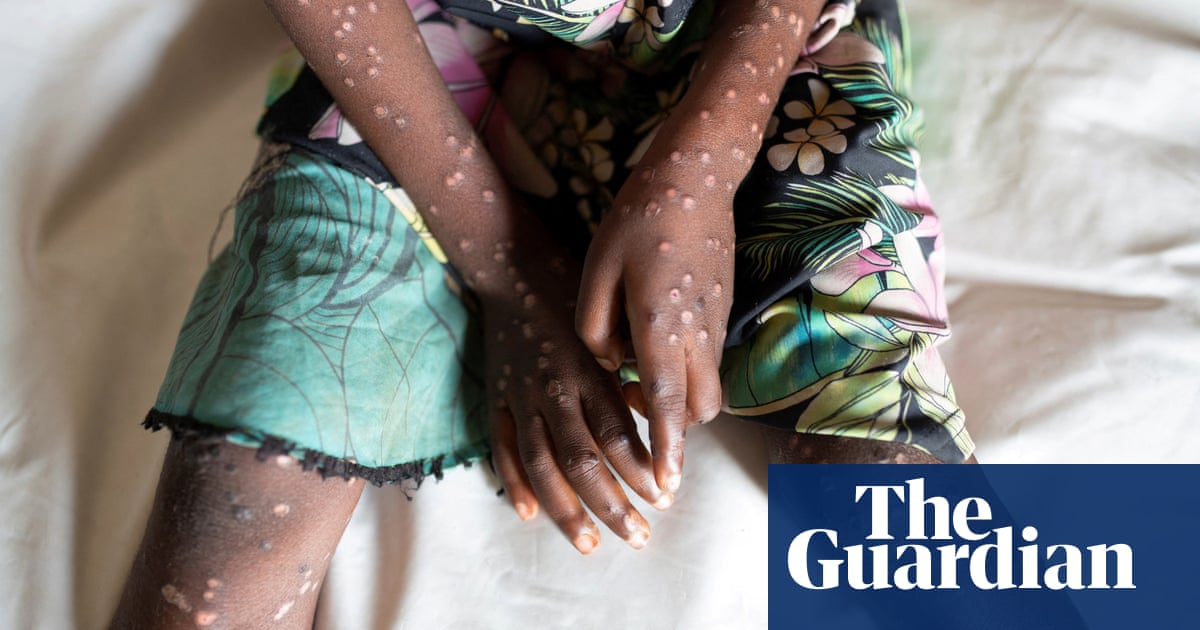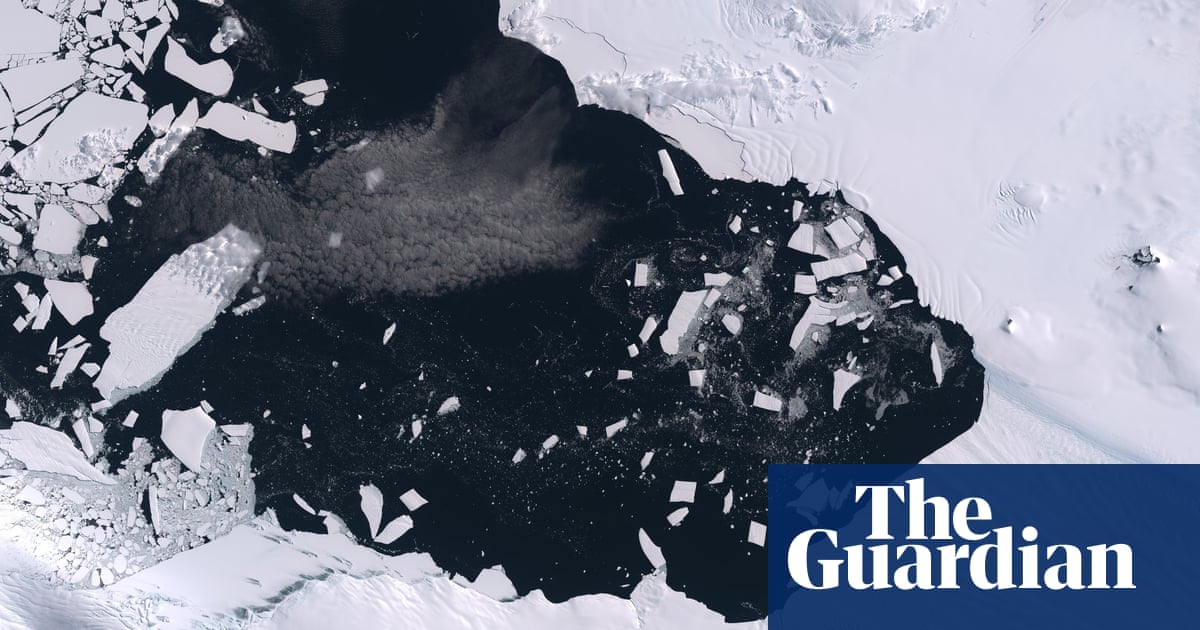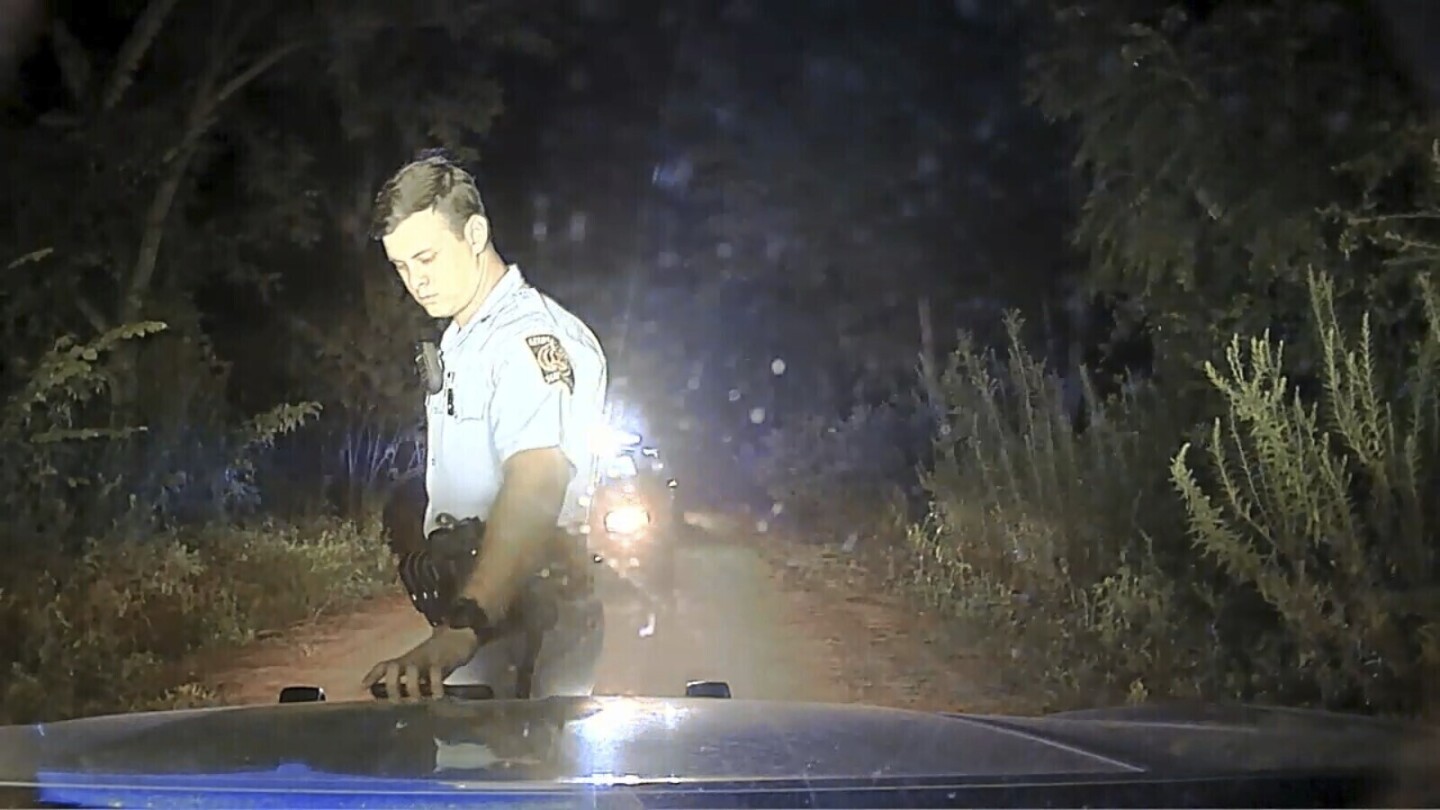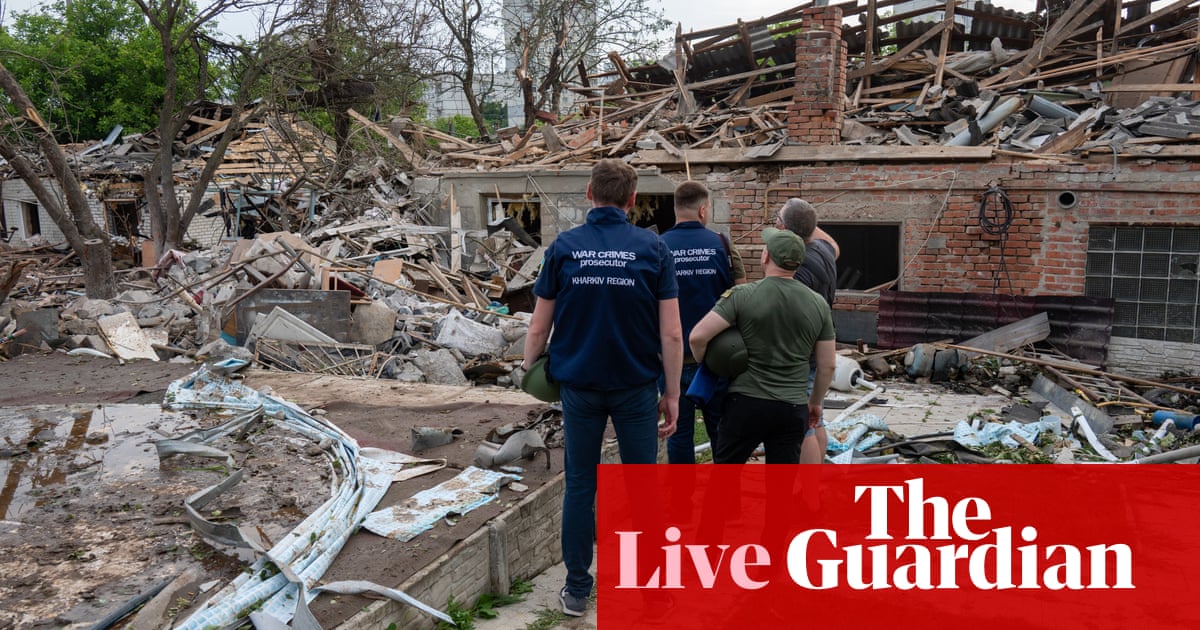- 246 Posts
- 272 Comments

 0·2 hours ago
0·2 hours agoHaiti has a poor history when it comes to foreign military forces entering the nation to ‘help out’, and they have a valid reason to be wary.
The suspected source of Vibrio cholerae in Haiti was the Artibonite River, from which most of the affected people had consumed the water. Each year, tens of thousands of Haitians bathe, wash their clothes and dishes, obtain drinking water, and recreate in this river, therefore resulting in high rates of exposure to Vibrio cholerae.
The cholera outbreak began nine months after January 2010 earthquake, leading some observers to wrongly suspect it was a result of the natural disaster. However, Haitians grew immediately suspicious of a UN peacekeeper base, home to Nepalese peacekeepers, positioned on a tributary of the Artibonite River. Neighboring farmers reported an undeniable stench of human feces coming from the base, to the extent that local Haitians began getting their drinking water upstream from the base.
Before the outbreak, no cases of cholera had been identified in Haiti for more than a century, and the Caribbean region as a whole had not been affected by the cholera outbreak originating in Peru in 1991. The population’s lack of prior exposure and acquired immunity contributed to the severity of the outbreak.
Haiti suffered 819,779 cases of cholera with 9,794 deaths

 0·3 hours ago
0·3 hours agoThis is what happens when the one ring of profits rules them all. US automakers don’t give a shit about anything other than their bottom line.

 0·3 hours ago
0·3 hours agoWeaker than Canada or Mexico? I don’t think so.

 0·4 hours ago
0·4 hours agoI remember that time, when American car makers screamed bloody murder because Honda was killing them. Good times.

 0·15 hours ago
0·15 hours agoSCOTUS has officially entered the sewage system courtesy of the GOP and Trump.

 0·17 hours ago
0·17 hours agoYou’re a good person for knowing when you fuck up and admitting it. I need to do better at that myself. So thanks for reminding me. 👍

 0·23 hours ago
0·23 hours agoThank you. I had not read this before.

 0·1 day ago
0·1 day agoPlease explain how Assange ‘actively aided’ his source in getting the info.
I’ll wait.

 0·1 day ago
0·1 day agoThe Three Stooges, the unfunny version.

 0·1 day ago
0·1 day agoJournalists do it all the time. That’s where they used unnamed sources and have gone to jail to protect those sources. Or maybe you’re too young to remember Deep Throat.

 0·1 day ago
0·1 day agoAs stated by ikidd above, it was up to the publishers to clean up the releases before printing/posting them.

 0·1 day ago
0·1 day agoTIL that self-aggrandizement is a federal offense.

 0·1 day ago
0·1 day agoI simply quoted what was in the article, which seemed vastly better than what you pulled from your brain.
How about you source your statements instead.

 0·1 day ago
0·1 day agoCOVOD’s (sic) a virus.
So is mpox.
It (COVID) does substantially better in cool, dry air, as do the majority.
You’re right here. But mpox isn’t spread through the air like COVID is. It’s spread through sexual and non-sexual contact.
You’re bullshitting about a virus with a 5% kill rate.
5% for adults, 10% for kids and a massive increase in miscarriages. So far more deaths than you say.

 0·2 days ago
0·2 days agoThere isn’t one gov’t in the world that doesn’t spin like a top under certain circumstances.
Israel just seems to do it all the time, with impunity, no matter what the story is. The boy who cried wolf comes to mind every time I read, “Israel said …”.

 0·2 days ago
0·2 days agoAll those people are covered under the gag order.

 0·2 days ago
0·2 days agoBecause BiBi WoUlD nEvEr LiE tO aMeRiCa.

 0·2 days ago
0·2 days agoThe it’s time to pressure hotels to start catering to what people want vs states allowing private equity and private out-of-state ownership of housing in Hawaii.
Having access to a holiday domicile will never outweigh the need for year-round housing for residents and Native Hawaiians. Remember almost 50% of Native Hawaiians now live elsewhere, primarily due to the cost of living and lack of available/affordable housing in Hawaii.

















Rarely is it a rational gov’t/populace that takes out its own dictator tho. Usually it’s a military coup, so just substituting one dictator for another.